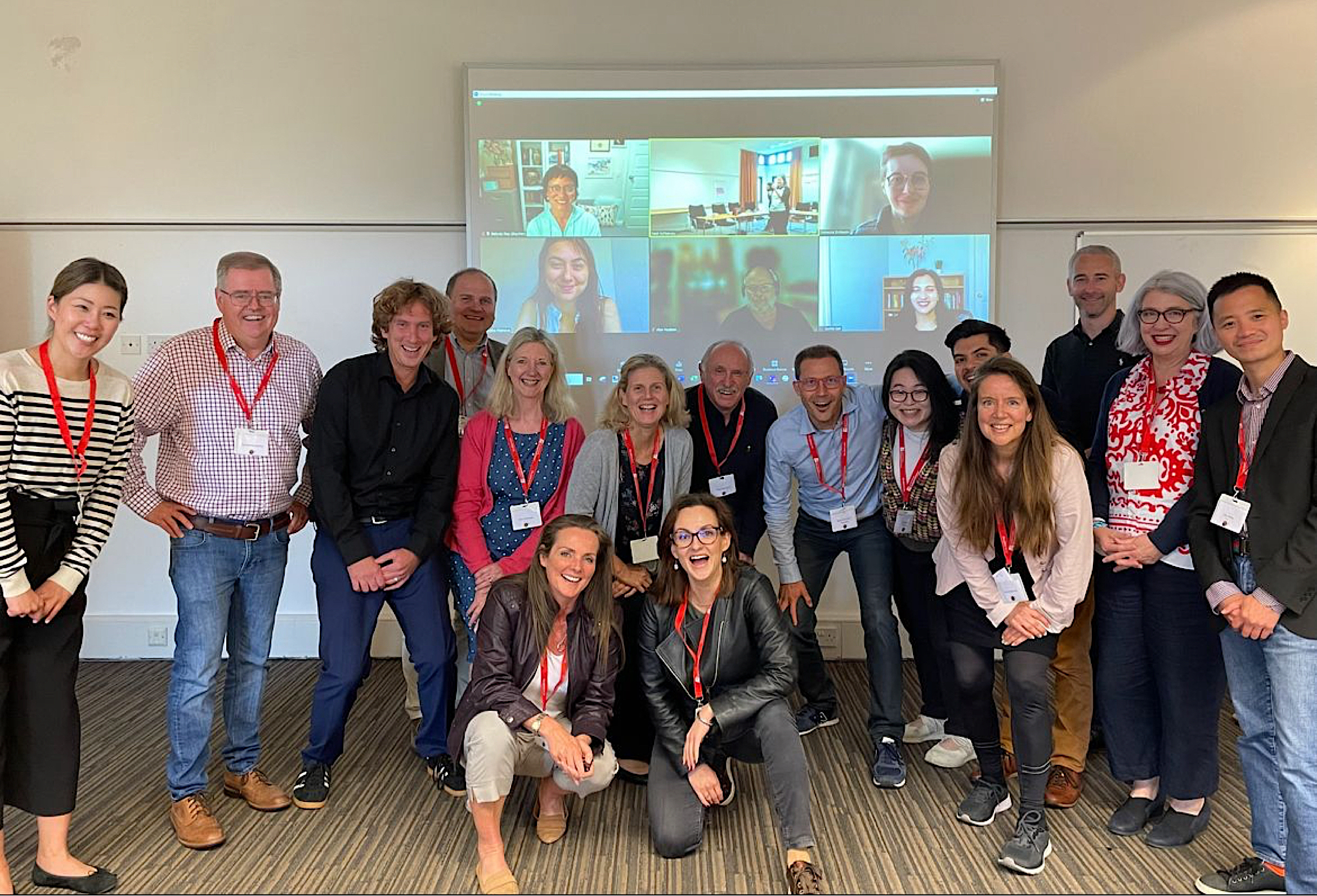
Program (PDF format): EMONET-XIII-PROGRAM


Dr. David HAMPTON-MUSSEAU (PhD) //// TSM-Research
CAUTE! Bring out the best of your Humanity through Affects #Neuro #Emotions #WellBeing #TSM Research – University of Toulouse Capitole – CNRS UMR 5303 – Socio-ecological Resilience & Emotions – ORCID: 0000-0002-0150-1451 https://orcid.org/0000-0002-0150-1451
#EMONET
🌀 An awesome and insightful Conference at Lancaster University (UK) with tremendous colleagues from all around the world!
✅ EMONET is a network of affective and emotion researchers that aims to target the workplace…✴️
That was an honor to present my article:
⚙️ A counterbalance to supervisors’ abusive feedback: When employees’ strategic emotional intelligence dampens revenge without triggering off forgiveness intentions.
📖 This study aims to improve our knowledge of leaders’ abusive supervision (AS), becoming more severe and costly with numerous unethical and harmful consequences. Since AS behaviors severely influence employees’ emotional experience, they often trigger negative affects and understudied high-activated feelings and consequent employees’ behavioral responses. However, extant research on AS and Emotional Intelligence (EI) as specific abilities is inconclusive on any EI moderation causality and whether its strategic sub-domain (regulation and understanding) may help cope with AS experience. Hence, we examine a model that specifies the association between AS experience and revenge/ forgiveness via the core affect (valence and activation). In a between-person scenario-based experiment (N = 366, in two groups: AS and control), we studied employees’ EI abilities as a moderator. This study demonstrated (a) a positive association between AS experience and revenge (thoughts and behaviors), (b) a negative association between AS and forgiveness (thoughts and behaviors), and (c) EI as first and second stage moderator. In addition, we found that high-EI people expressed less revenge and, in an unexpected way, fewer forgiveness intentions. Our work generates challenging knowledge of EI and its organizational impacts. Furthermore, we discuss limitations and further research.
Thank you so much to the remarkable trio Ashlea Troth, Neal M. Ashkanasy, and Ronald H Humphrey/FS/VCU.
Kudos to Audrey Y. L. Teh and all my colleagues 👍☀️
Rebecca Dickason, Anthony Bird, Jungwon Andie Lee, Cristian Vasquez, Janine Roberts, Petra Sofia Hornakova, Qiu Wang, Dr Ann Parkinson, Lidiia Pletneva, Linna Sai, Kirsi (Costi) Snellman, Rosalind Searle, Sunita Sah, Benjamin Apelojg…
http://www.emotionsnet.org/conferences/emonet-xiii/